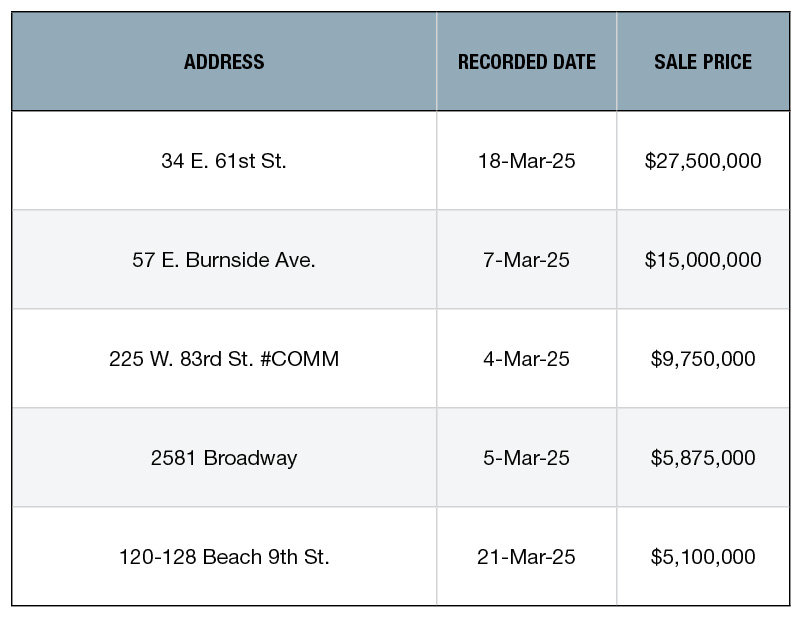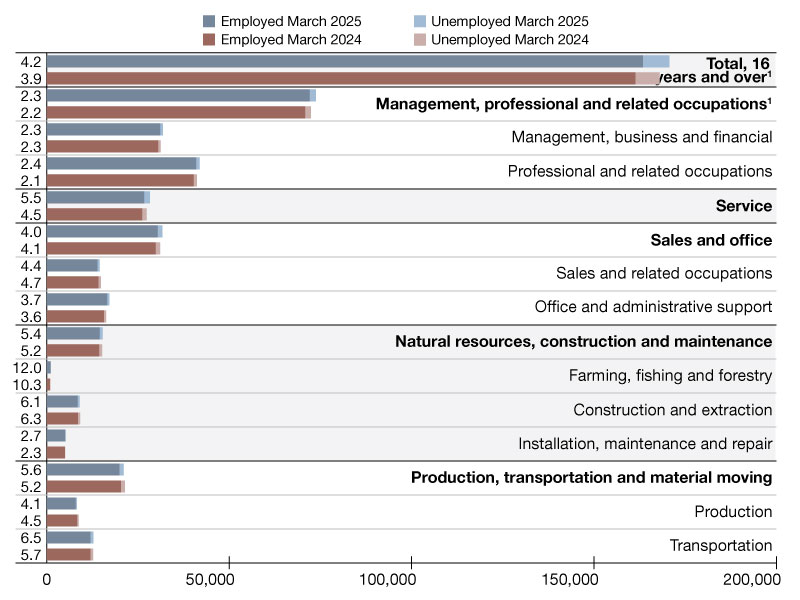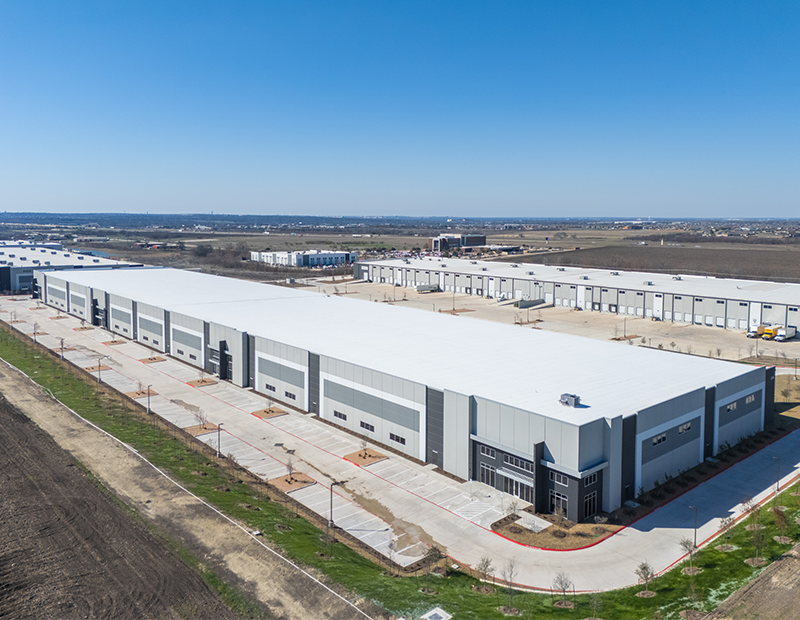Inflation, Higher Rates to Pressure REITs in 2024
It will be another tough year for this asset class, though performance will vary, according to Fitch Ratings' Chris Wimmer.
After reducing our U.S. REIT Outlook to “deteriorating” earlier this year, Fitch Ratings expects the sector to further weaken as the commercial real estate market continues to grapple with persistent inflation, global geopolitical instability and rising rates. While Fitch does not anticipate a recession in 2024, REITs will continue to face increasing borrowing costs and scarce capital.
Most banks and other lenders had very little activity in the property markets this year, driven largely by higher rates and turmoil in the banking sector. As a result, buyers who are typically active in commercial real estate took a huge step back from transactions. Fitch-rated REITs generally demonstrate robust liquidity, supported by large portfolios of high-quality properties and stable contractual income. This is counterbalanced by high dividend payout ratios mandated by REIT regulations, which constrain cash flow, and leverage that is high relative to corporate entities at the same rating level. Given these factors, most Fitch REITs are rated in the BBB category.
Higher leverage levels, lower liquidity levels than expected, and flagging fundamentals all contributed to a larger number of negative ratings actions for Fitch-rated REITS this year. This was compounded by secular headwinds, mostly in the office sector, as landlords remain challenged by the continued reduction of office space use.
Despite these challenges, the majority of Fitch’s Rating Outlooks for REITs are stable, and investment-grade REITs with low leverage and ample liquidity will be well-positioned to acquire premium properties at discounted prices in 2024.
Industrial fundamentals are strong
The growth in ecommerce and on-shoring of manufacturing activity have boosted demand for warehouse space, which has strengthened industrial REIT fundamentals. Occupancies are at nearly 100 percent; however, leasing spreads are expected to average near 50 percent or higher in 2024, and likely beyond. As businesses experience a downturn in profits, more households feel pressure from higher rates and banks become more cautious with their willingness to lend, this may lead to a moderation for industrials in 2024.
Office remains stressed
While the return to work has continued to increase steadily since the end of the pandemic, Fitch expects to see more consolidation and a reduction in occupied space. These conditions will persist for the foreseeable future as old leases expire and new ones are negotiated and signed. Office REITs that offer modern workspaces with attractive amenities and sustainability features, and that are located near commuter destinations and central business hubs, will be best equipped to achieve the highest levels of demand and the highest rents.
Grocery and pharmacy most attractive
Retail and certain net lease REITs have largely resolved remaining pandemic-related or secular retailer issues, such as those stemming from the Bed Bath & Beyond bankruptcy and other distressed tenants, as well as cinema industry losses. Non-discretionary retail, primarily grocery and pharmacy, are the most attractive tenants for REITs, with consumers favoring needs over wants and bargain over luxury. In particular, retail tenants employing omnichannel strategies tend to provide more stability for landlords. REITs that prioritize diversification as well as those that engage with more creditworthy tenants in high-traffic and affluent areas will be best positioned.
Chris Wimmer, CFA, is senior director, Fitch Ratings.








You must be logged in to post a comment.